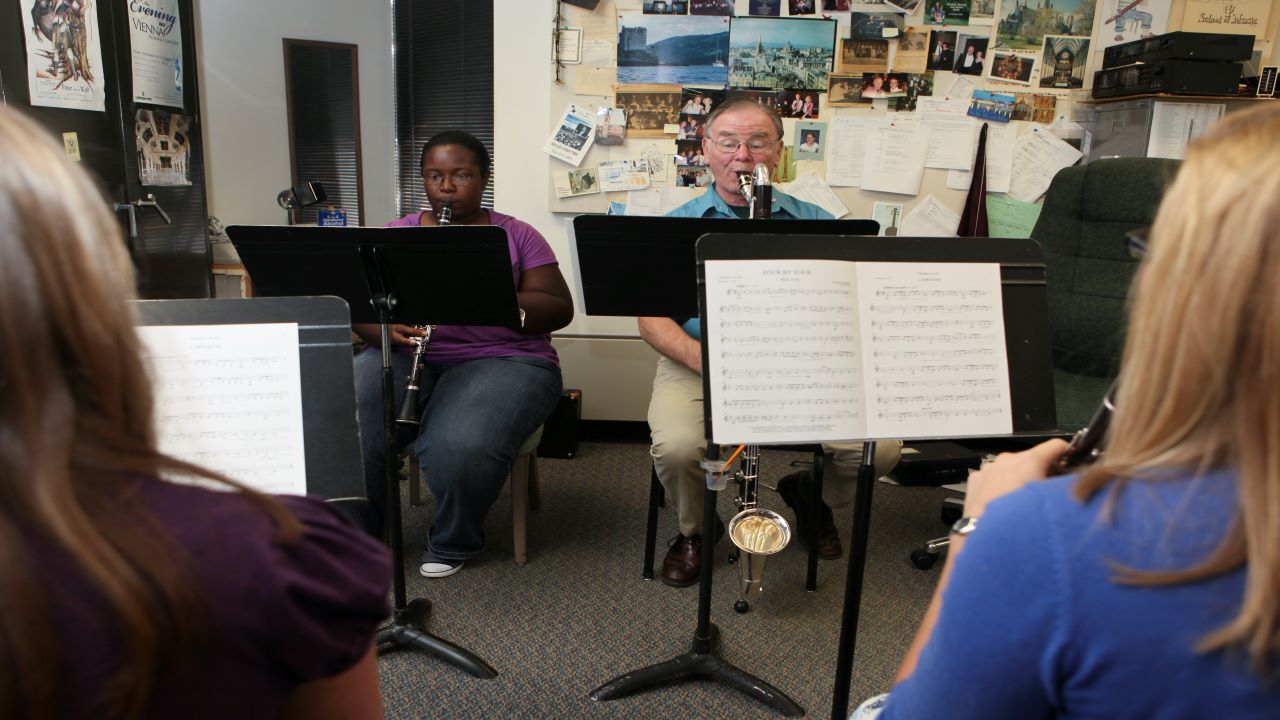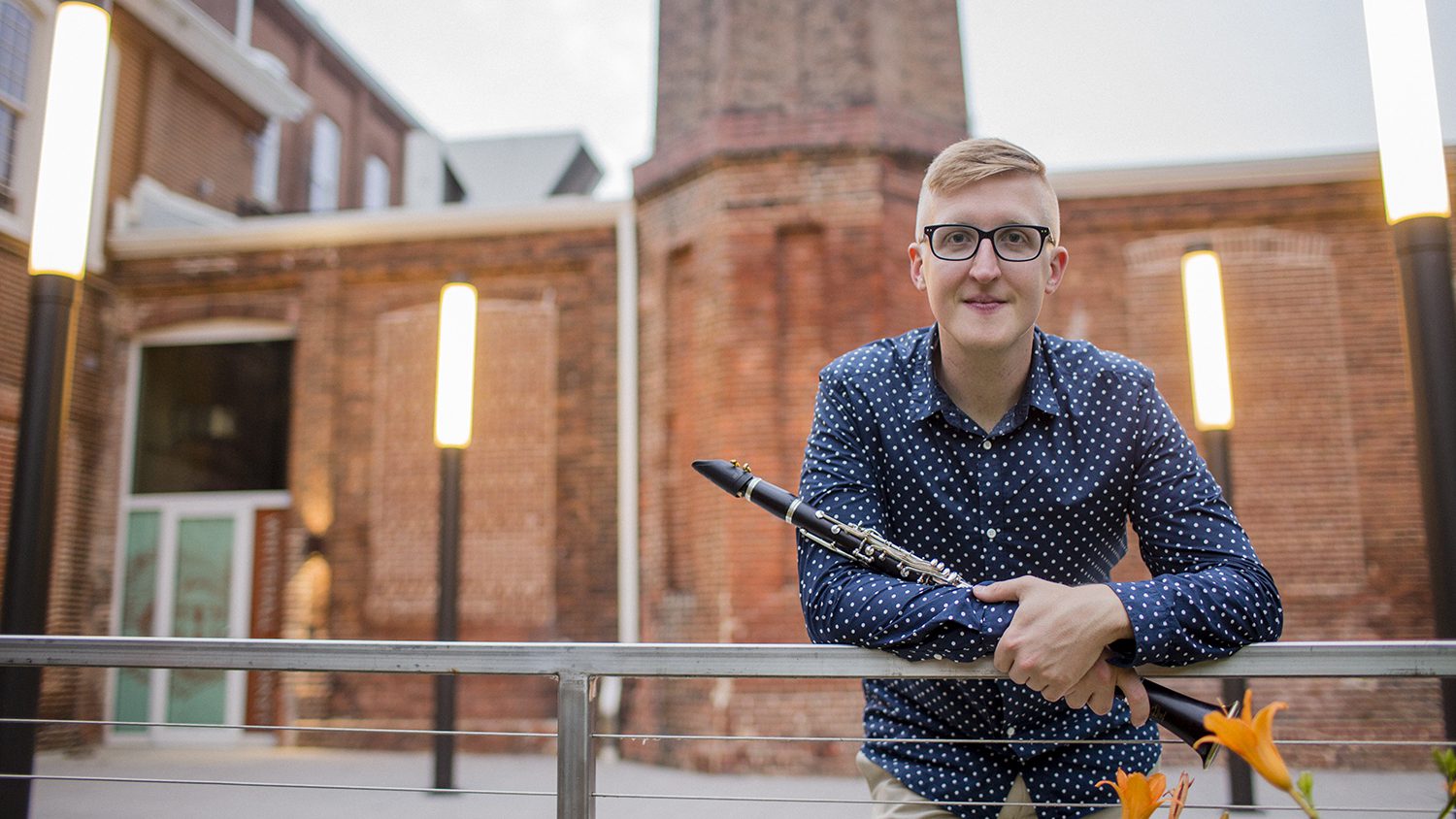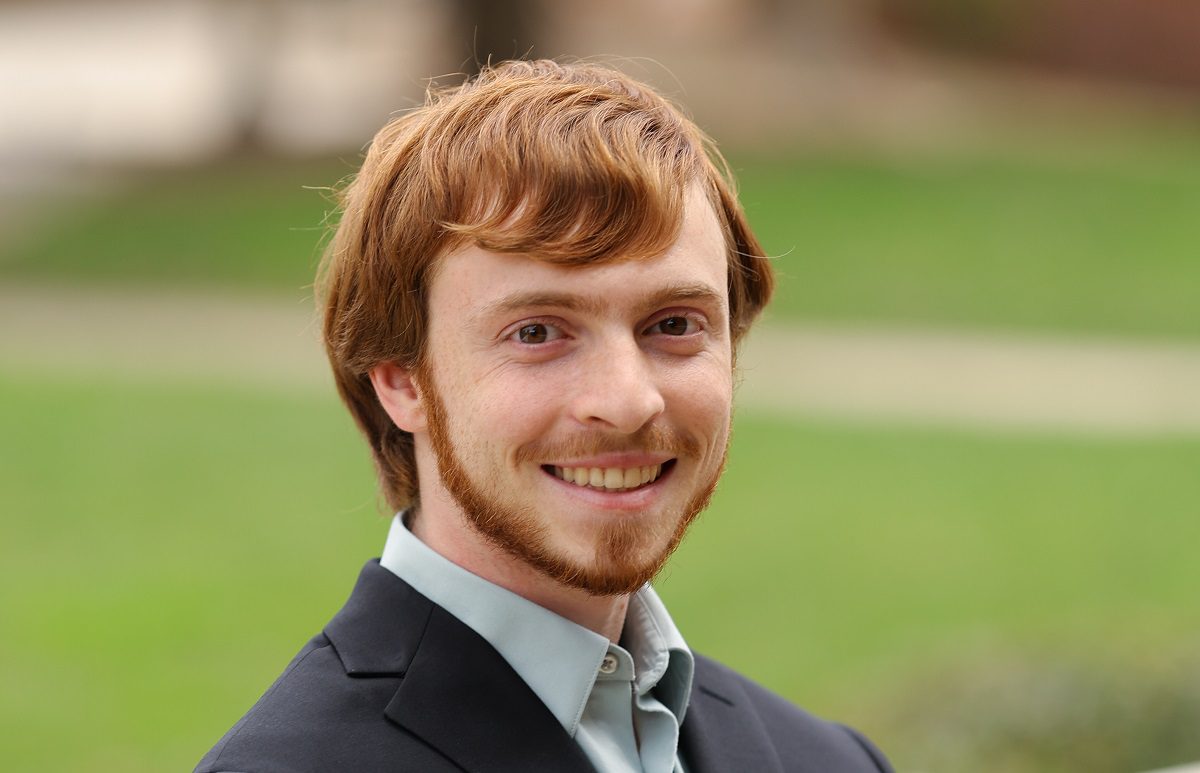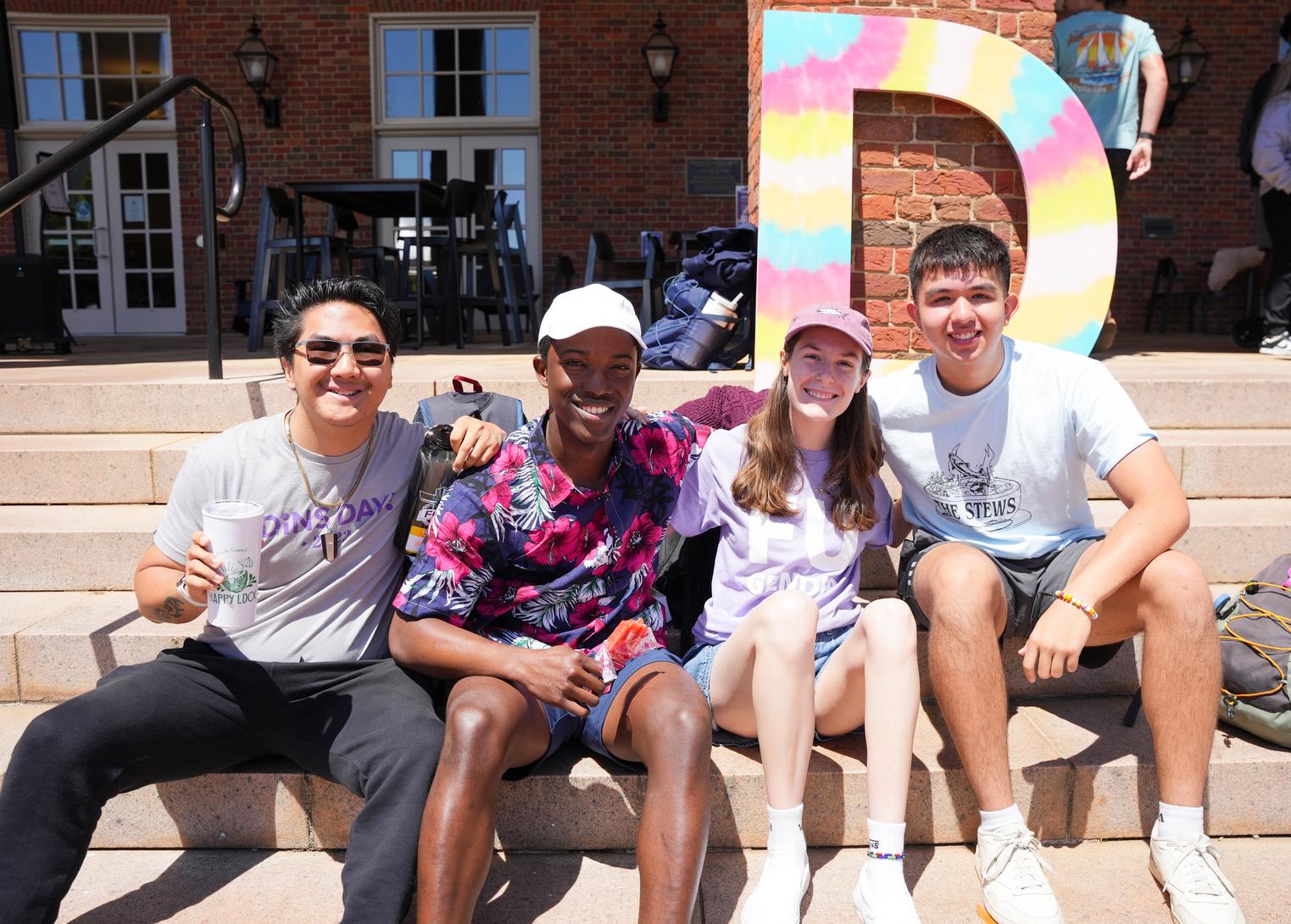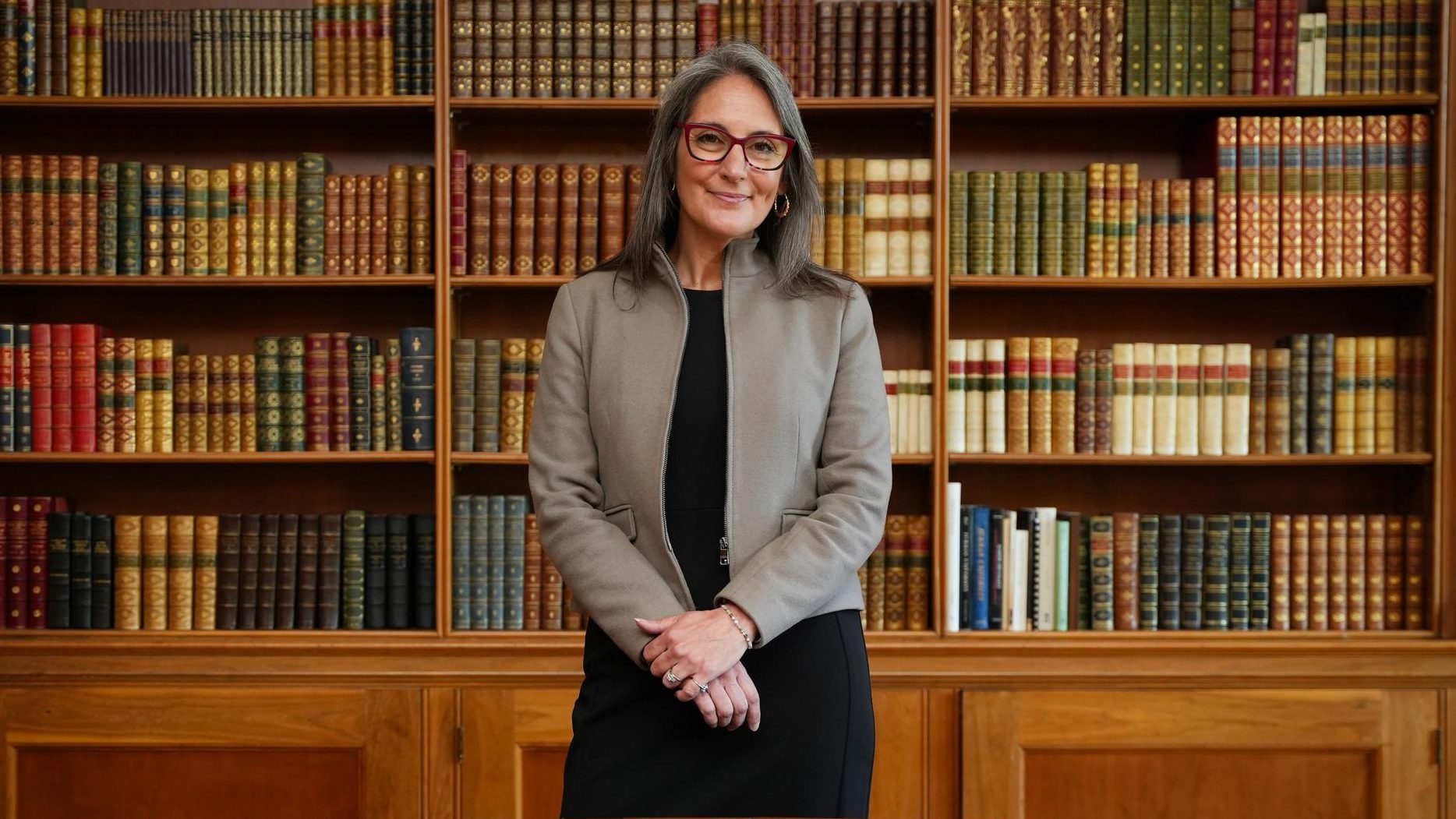Program Overview
Table of Contents
What is a music education degree?
For years, you’ve known you would likely pursue music in college. You are drawn to the stage, collaboration with other musicians, and the analytical, critical thinking, improvisational and communication skills music study imparts. You’ve also come to realize that you can teach, and you want to imbue others with a love and respect for the art form you have embraced. A degree in music education is foundational for teaching music in elementary and secondary schools and beyond.
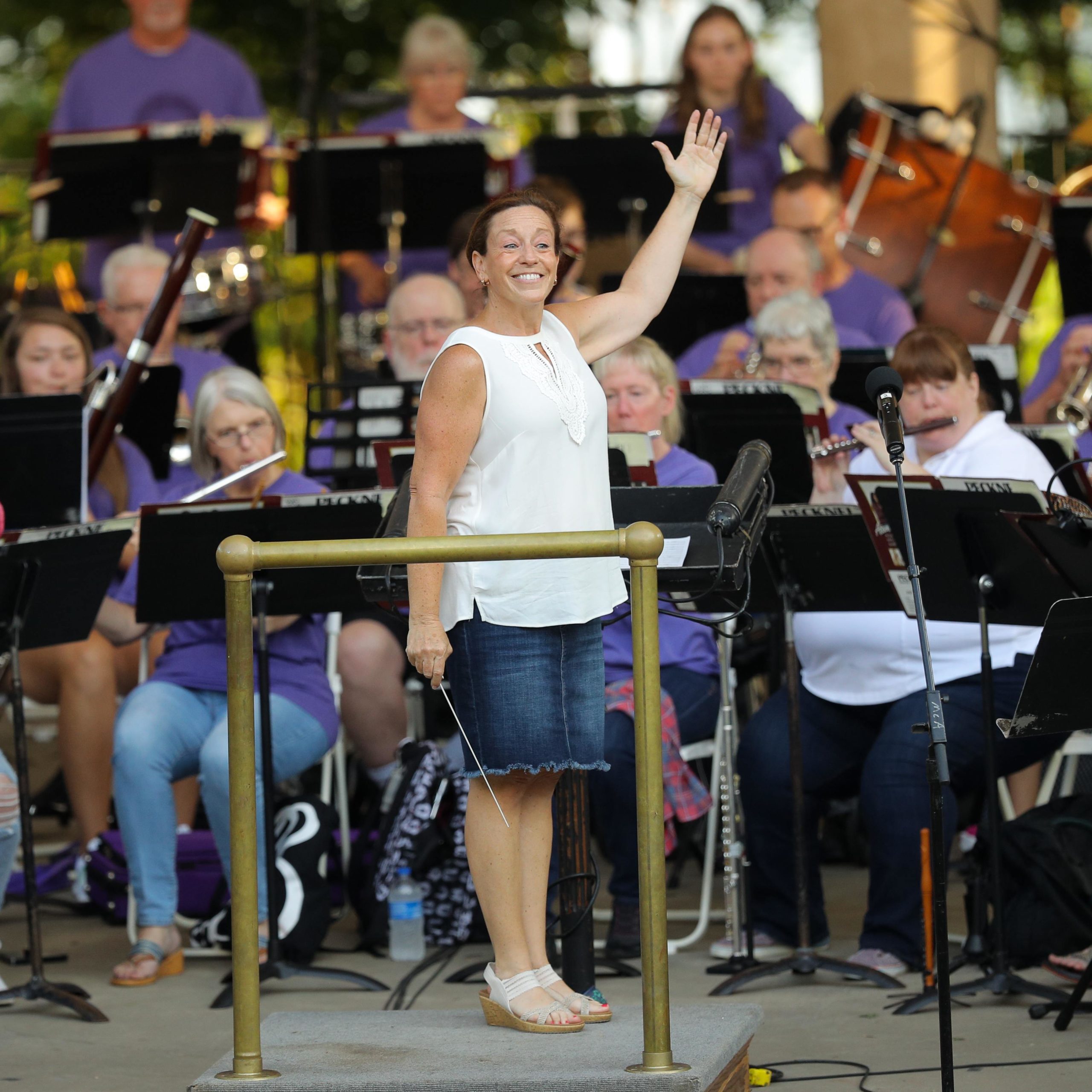
Why study music education at Furman?
Accredited by the National Association of Schools of Music since 1938, the Furman University Department of Music is recognized as one of the highest-rated and most comprehensive among national liberal arts and sciences colleges, offering degree programs for passionate performers, composers, theorists and music educators. We attract ambitious musicians from across the globe – those who desire to major in music as well as those who wish to major in another discipline while continuing their music.
Our music education program is designed for talented musicians who want to earn a degree that prepares them for teaching positions in elementary, middle and high schools. About 50% of our music education alumni continue their studies at graduate school, expanding their opportunities and earning potential. Just more than 40% of our graduates go directly into the job market.
Imparting a conservatory-quality education, Furman’s music program and those who lead it are committed to preparing you to succeed in the education world. You’ll sharpen your analytical, listening, creative, improvisation, communication, problem-solving, team-building, time management, interpretation, teaching and other skills, boosting competencies that are readily transferable no matter the career path you take.
In Furman’s intentionally small studios, faculty are free to mentor, help you advance, assist you in exploring the right repertoire, and are integral to your overall growth as a musician and educator. Plan a visit to Furman’s beautiful campus or start your application today. Learn more about the audition process.
How will you learn?
Develop your technique through weekly private lessons with master teachers and acclaimed performing artists. Learn a new instrument (or two). Get to know the members of your new Furman music family, who you’ll study with over the next four years.
And because we are an exclusively undergraduate program, you are front and center, and need not compete with master’s and doctoral candidates. It bears repeating – Furman is well positioned to expose undergraduate musicians to multiple performances and individualized instruction which prepare you for a life of in the arts, including teaching young musicians.
Gain practical, hands-on exposure to the world of music pedagogy through the teaching internship. You’ll be placed with a mentor teacher in your area of prospective certification. Full-time teaching responsibilities are assumed over time, and interns attend weekly seminars.
Each music education major will also present a 30-minute recital in the designated performance studies area during their junior or senior year.
Students who successfully complete course requirements for the Bachelor of Music in Music Education and receive passing scores in Praxis Subject Assessments and Principles of Learning and Teaching (PLT) tests, will be recommended for a South Carolina teacher certificate in PK-12.
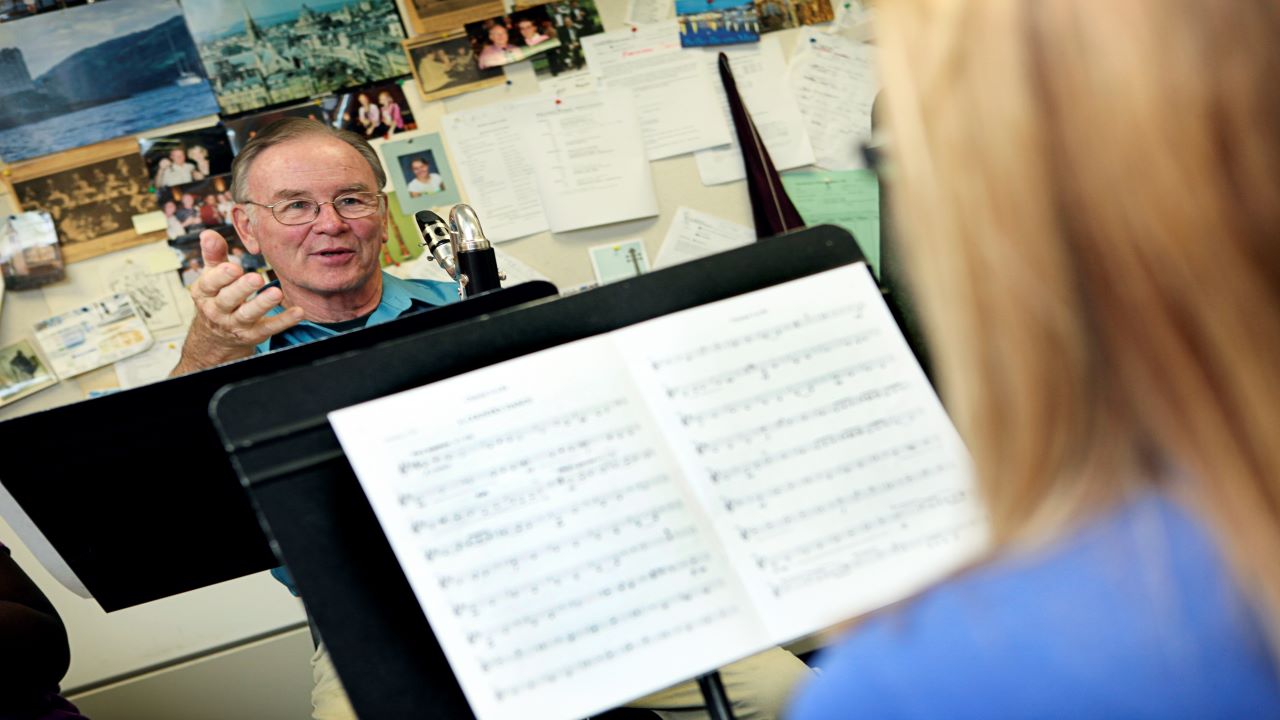
Careers for music education majors
As a music education major, you’ll be primed for the workforce with a skill set coveted by employers. Many of our graduates seek advanced degrees to cast a wider career net.
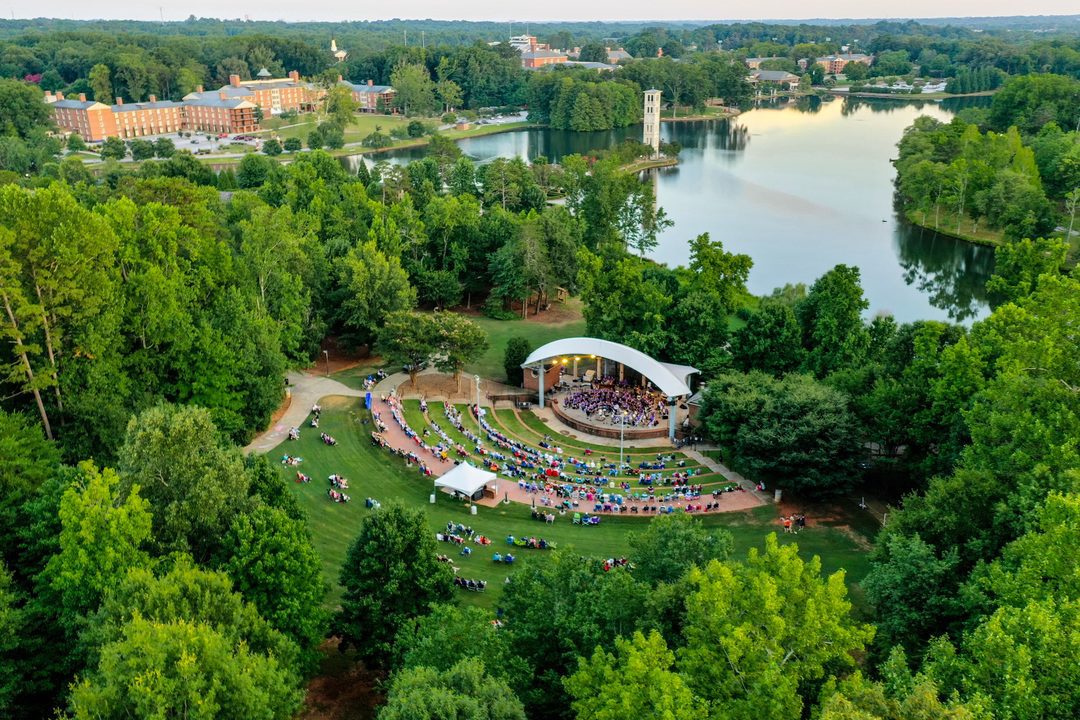
Our music education majors have landed positions such as:
- K-12 music teacher
- College music professor
- Tutor or instructor
- Producer or director
- Public relations or fundraising manager
- Self-enrichment teacher
- Music director and composer
- Elementary or secondary school administrator
- Postsecondary or college administrator
- Music, dance and extracurricular instructor
Featured music education courses
Central to the curriculum across all music majors are weekly one-on-one applied lessons specific to your voice or instrument, a set of core courses, and participation in a major ensemble such as the Symphony Orchestra, Furman Band, Furman Singers, Men’s Chorale, Women’s Chorale, or Guitar Ensemble for every semester you are on campus.
-
100%Music majors who participate in any engaged learning experience, from recitals to large ensembles, to study away, internships and research
-
100%Music education majors who complete a teaching internship
-
50%Music education majors who go on to graduate school
What our students say
Our faculty

Mark Britt
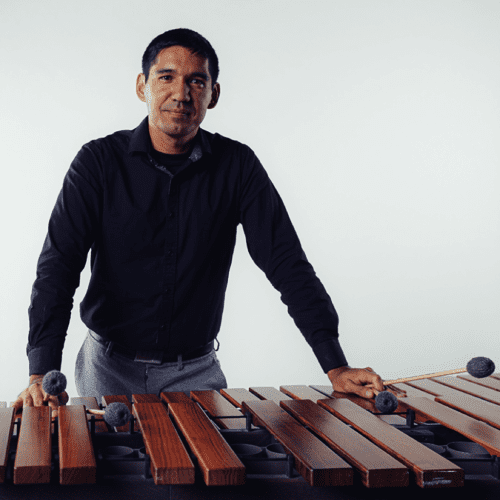
Omar Carmenates
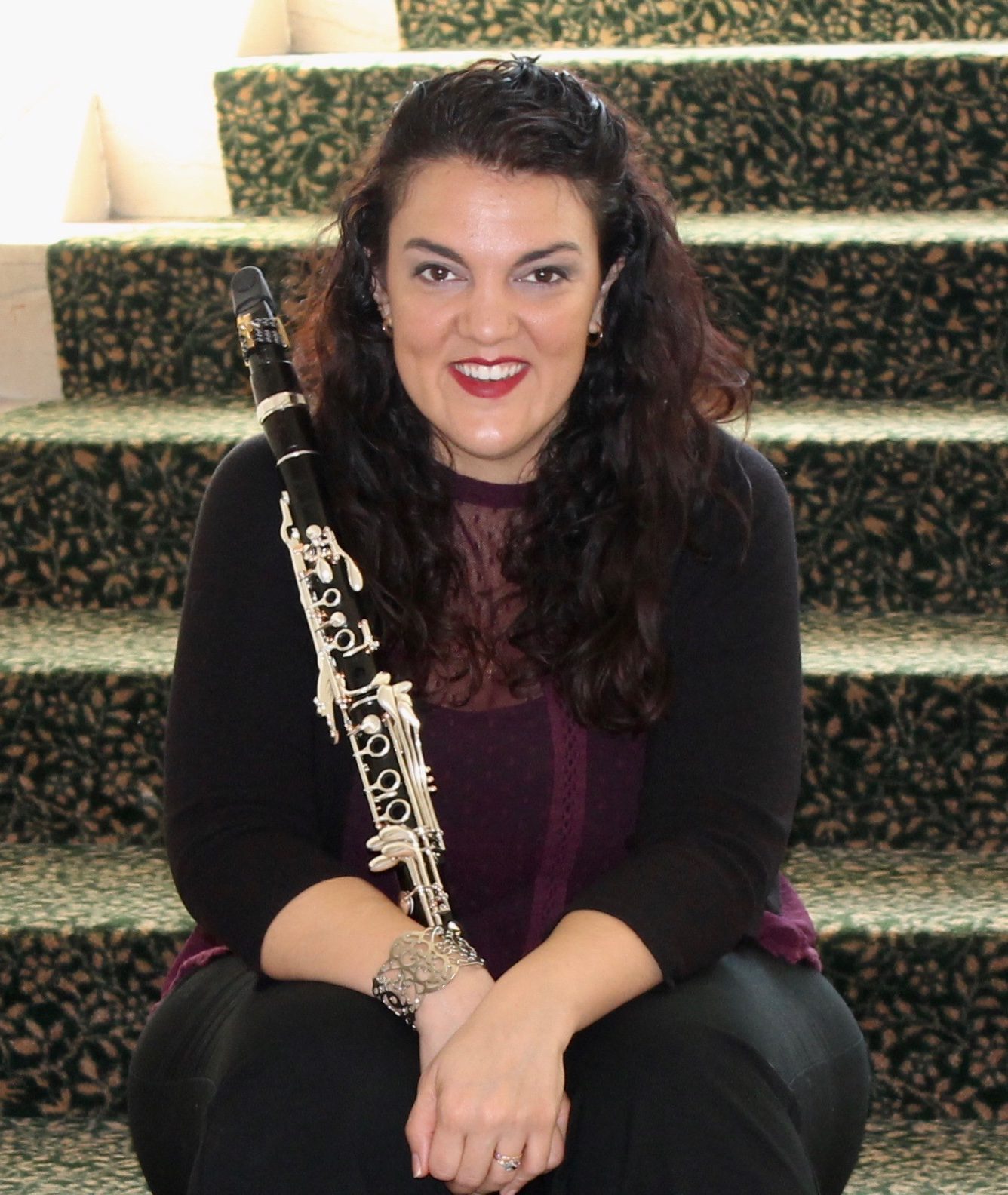
Anastasia Christofakis
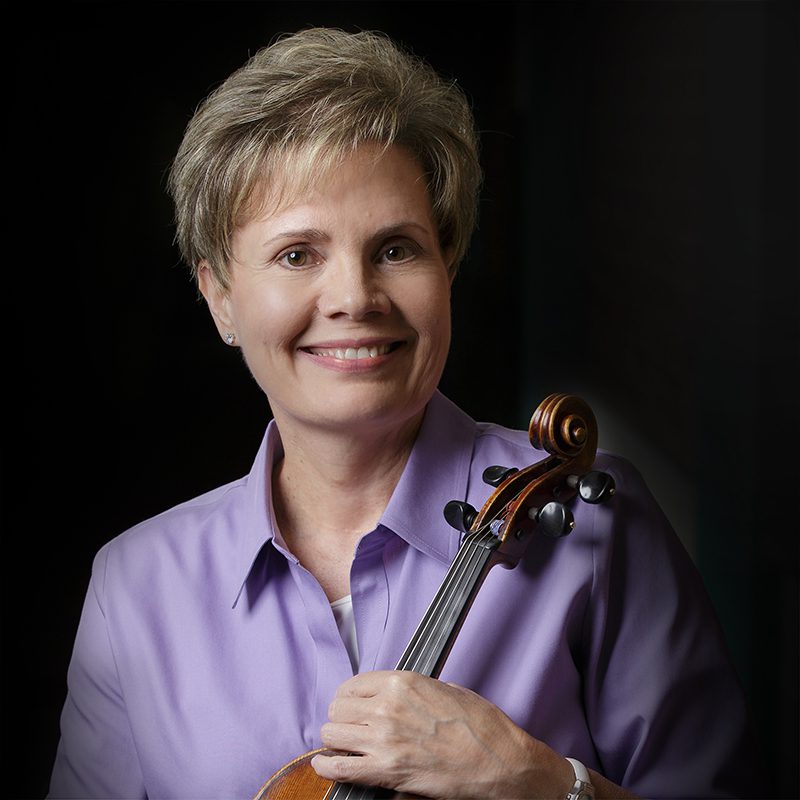
Anna Joiner
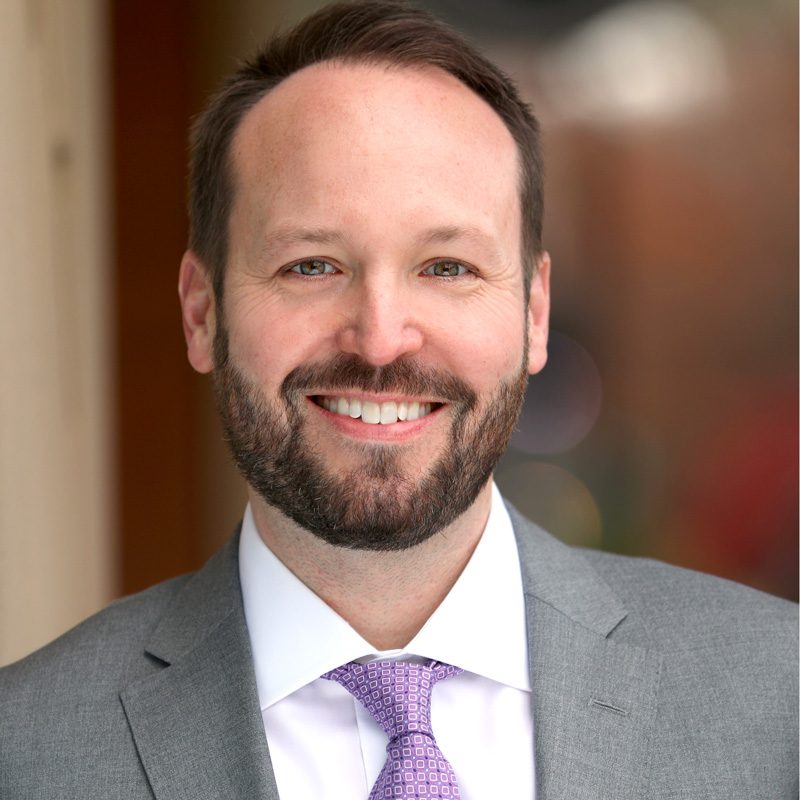
Grant Knox

Matt Olson
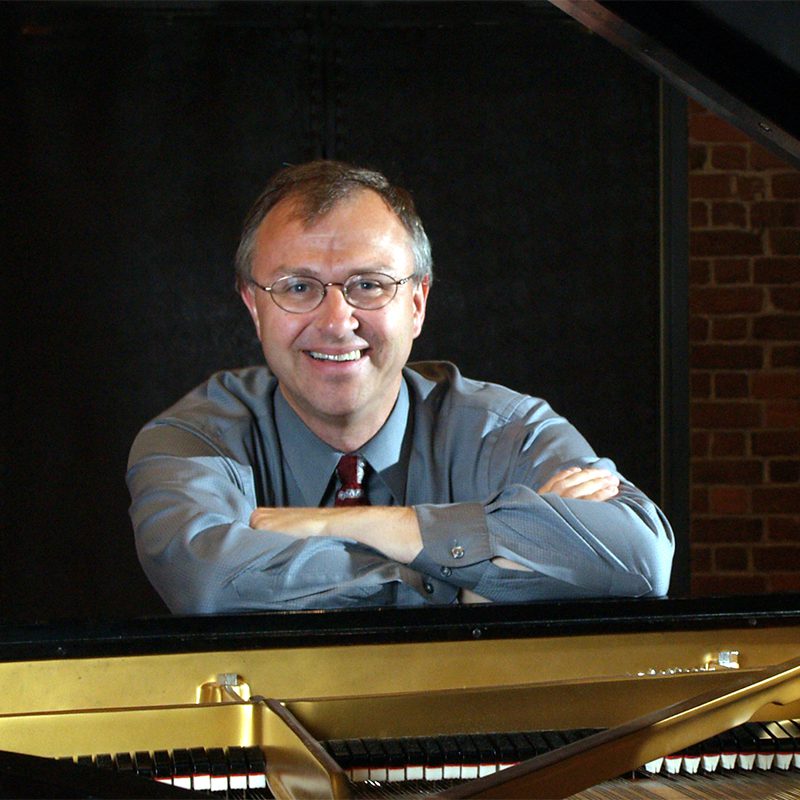
Derek Parsons
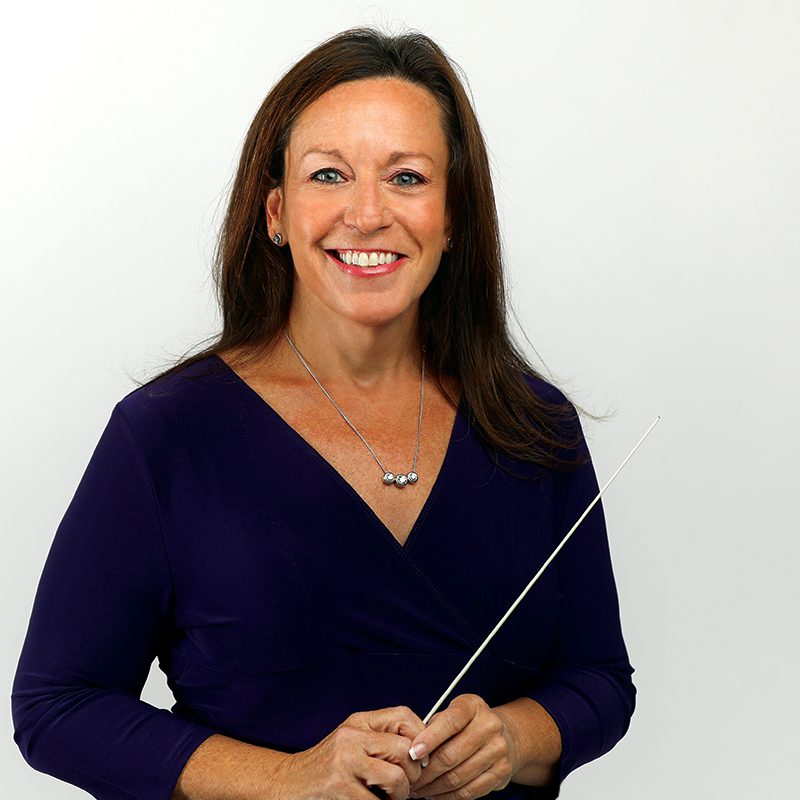
Sue Samuels

Music Education Major F.A.Q.
An array of skills such as analytical, listening, creative, improvisation, communication, problem-solving, team-building, time management, interpretation, teaching and other skills position you for diverse career options. Half of our music education majors seek advanced degrees to widen employment options and boost earning potential. Our music education graduates have pursued careers such as K-12 music teacher, college music professor, tutor or instructor, producer or director, public relations or fundraising manager, self-enrichment teacher, music director and composer, elementary or secondary school administrator, postsecondary or college administrator, and music, dance and extracurricular instructor.
Recitals, concerts, master classes, camps and conferences – with over 260 events typically offered year-round, Furman is a vibrant part of both the Furman and Greenville music scene. Abundant on-stage opportunities for displaying your talent await at Furman.
All students participate in a least one ensemble each semester. You’ll have the option to showcase your work in recitals and in Furman Engaged, an annual celebration in which students come together to share their research, internships, performances, study away, visual art and more. Underscoring the close-knit relationships that emerge among professors and students, one of our jazz students has recently recorded an album with a faculty member, and has learned firsthand what it takes to perform on, co-produce and bring a project to market.
Train a global lens on your passion for music through “Music in Italy.” The semester-long, conservatory-style program began in 2006 with a partnership with the Accademia dell’Arte in Arezzo. Each fall, 10 to 14 students study Italian and music history amid the Tuscan landscape.
On top of the Italian language component offered at the Accademia, you’ll study applied music (voice, instrumental or keyboard) in individual weekly lessons and coaching sessions with Italian music teachers. Furman faculty teach a music history course and an interdisciplinary, experiential course, “Italian Art and Culture,” featuring a series of excursions and lectures revealing the richness of Tuscany’s stunning visual art and architecture.
You’ll collaborate in several “Movement for Musicians” sessions taught by Accademia dell’Arte faculty, which allow you to spend class time together with the Accademia’s theater students. You’ll take part in performances of chamber music and solo recitals both at the Accademia and in local venues. Regular concert attendance in Florence, overnight excursions, along with independent travel opportunities during a week-long fall break give you ample opportunity to experience the cultural life of Western Europe.
If a shorter study away is more your style, sign up for courses such as May Experience (MayX) “Opera Overload.” Students split time between Greenville, South Carolina, and New York City, and explore opera, its history in the United States (with a focus on the Metropolitan Opera as an institution), and various topics related to opera, such as elitism, racism and issues of power and sexuality.
A sizable percentage of the Furman student body participates in music. Unique for a school of 2,600 undergraduates, we seat a full all-undergrad symphony orchestra, chamber strings, a jazz ensemble and multiple jazz combos, three choirs, a symphonic concert band, a marching band, a paid pep band, fully staged lyric theater with pit orchestra, and multiple pipe organs.
The average base salary for Bachelor of Music, Music Education graduates is $55,000 annually, according to Payscale.com.
The Bachelor of Music, Music Education degree at Furman is a four-year program.
